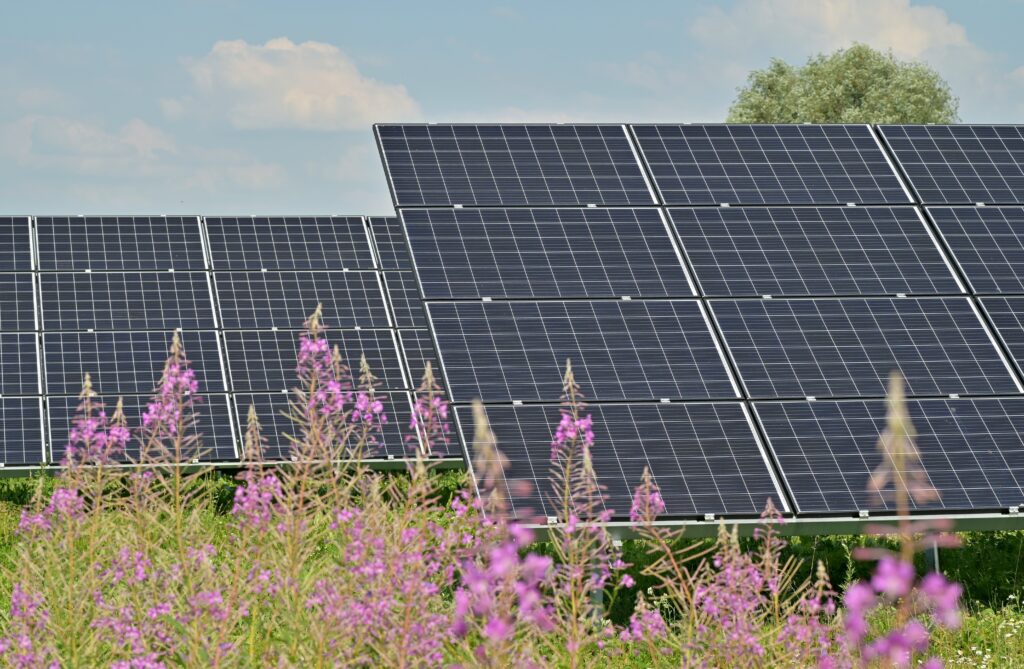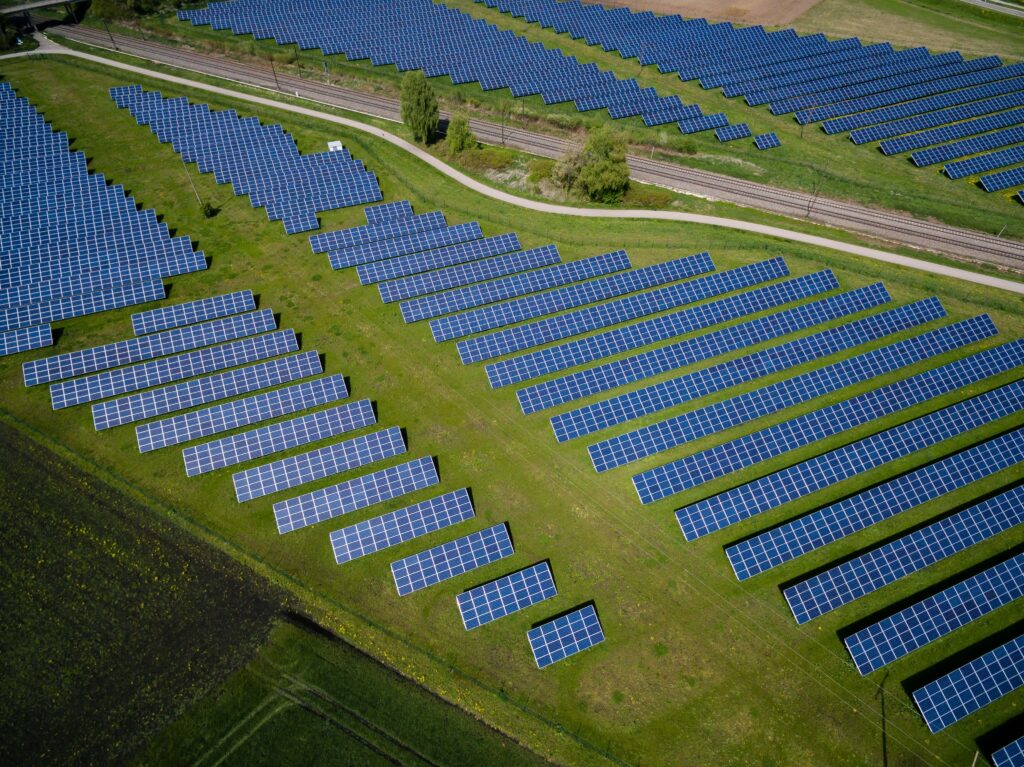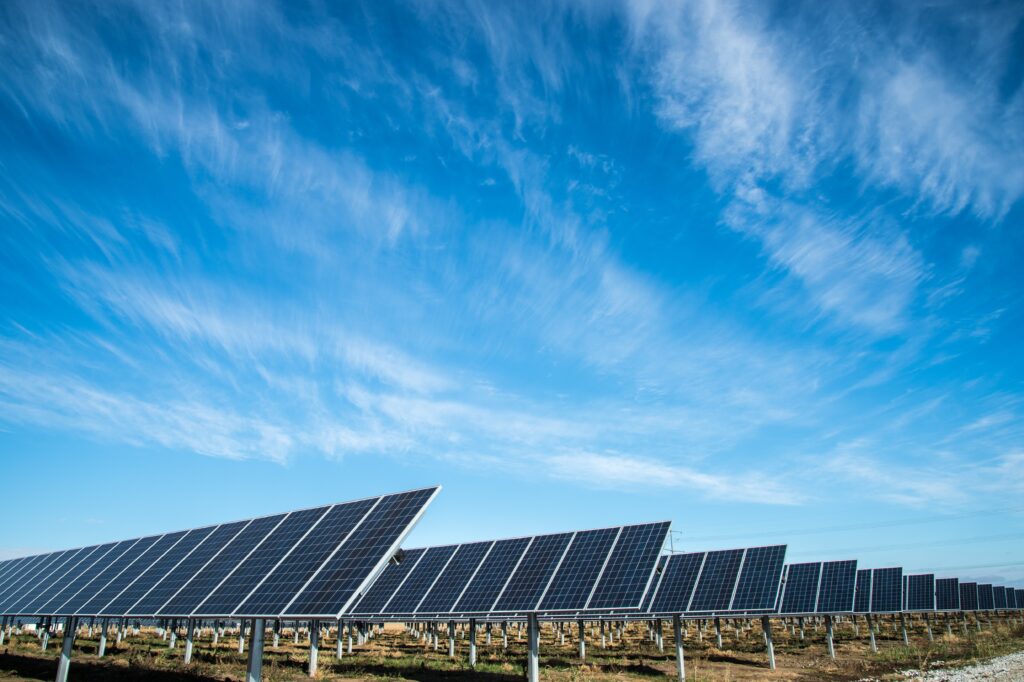If you’re considering going solar and wondering how many panels you’ll need for your 2000 sq ft home, you’re in the right place. With a quick overview, we’ll help you calculate the number of solar panels required to power your household efficiently and sustainably. By the end, you’ll have a better understanding of the potential of solar energy and be ready to take the next step towards a greener future. So, get ready to discover the wonders of solar power for your home!
Understanding Solar Energy
Introduction to solar energy
Solar energy is a renewable and sustainable source of power that harnesses the energy from the sun and converts it into usable electricity. By utilizing solar panels, we can tap into this abundant and clean source of energy to power our homes and reduce our reliance on traditional fossil fuels.
How solar panels work
Solar panels consist of photovoltaic cells that convert sunlight into direct current (DC) electricity. The photons in sunlight strike the cells, causing electrons to flow and generate an electrical current. This DC electricity is then converted into alternating current (AC) electricity through an inverter, which is used to power the electrical appliances in your home.
Benefits of using solar energy
Using solar energy offers numerous benefits, both for individuals and the environment. By installing solar panels, you can significantly reduce your electricity bills, especially in areas with abundant sunlight. Solar energy also reduces your carbon footprint by decreasing your reliance on fossil fuels and lowering greenhouse gas emissions. Additionally, solar power provides energy security, as it is not subject to price fluctuations and shortages like traditional energy sources.
Assessing Your Home’s Energy Needs
Checking your electricity bills
To determine your home’s energy needs, start by reviewing your electricity bills over the past year. Look for patterns in your energy consumption and identify the months when your usage is higher or lower. This will help you gauge your average energy needs throughout the year.
Identifying energy consumption patterns
Take note of the different energy-consuming activities in your home, such as heating and cooling systems, lighting, appliances, and electronics. By understanding how these factors contribute to your overall energy usage, you can make more informed decisions when it comes to sizing your solar energy system.
Major energy-consuming appliances
Certain appliances and systems are known to consume more energy than others. Some examples include air conditioners, water heaters, refrigerators, and electric stoves. It’s essential to consider the energy requirements of these appliances when determining the solar energy capacity needed for your home.

Determining Solar Energy Capacity Needed for 2000 sq ft Home
Calculating energy need in kilowatt-hours
To determine the solar energy capacity needed for your 2000 sq ft home, you’ll first need to calculate your energy needs in kilowatt-hours (kWh). Multiply your monthly average energy consumption, as indicated on your electricity bills, by twelve to get an estimate of your annual energy usage.
Translating kilowatt-hours into solar panel capacity
Once you have your annual energy consumption in kWh, you can determine the solar panel capacity required to meet your needs. On average, a standard residential solar panel produces about 250 watts of DC power. Divide your annual energy consumption by the panel’s wattage to determine the number of panels needed.
Importance of Home’s Location
Impact of location on solar panel efficiency
Your home’s location plays a crucial role in the efficiency of your solar panels. Areas with ample sunlight, such as those located closer to the equator or at higher elevations, tend to have higher solar panel efficiency. On the other hand, areas with frequent cloud cover or shade may experience lower efficiency and require additional panels to compensate.
Considering the amount of sunlight your location receives annually
It is important to consider the amount of sunlight your location receives throughout the year. Different regions experience variations in sunlight intensity and duration, which directly impact the energy output of solar panels. Understanding your location’s annual solar irradiation levels will help you accurately determine the number of panels needed for your home.

Factoring the Efficiency of Solar Panels
Different types of solar panels and their efficiency
Solar panels come in various types, each with different efficiencies. Monocrystalline panels have the highest efficiency, followed by polycrystalline and thin-film panels. While monocrystalline panels are more expensive, they require less roof space to generate the same amount of electricity as lower-efficiency panels.
How panel efficiency affects the quantity of panels needed
The efficiency of solar panels directly impacts the number of panels required to meet your energy needs. More efficient panels produce more electricity per square foot, allowing you to achieve the desired energy output with fewer panels. Conversely, less efficient panels may require a larger installation area to generate the same amount of energy.
The Impact of Roof Space Size
Calculating the space available for solar setup
The available roof space is a crucial factor in determining the number of solar panels you can install. Measure the dimensions of your roof and account for any obstructions, such as chimneys or vents. Consider areas that receive the most sunlight and are suitable for panel installation.
Optimizing solar panel arrangement for maximum efficiency
Designing an optimal arrangement of solar panels maximizes their efficiency. Ideally, panels should face south in the northern hemisphere or north in the southern hemisphere to receive maximum sunlight exposure. By planning the layout and orientation of your panels, you can maximize your solar energy production.

Budget and Financing Options
Cost of installing solar panels
The cost of installing solar panels can vary depending on factors such as panel type, system size, and location. It is advisable to obtain quotes from multiple reputable solar installers to determine the cost for your specific requirements. Remember to consider the long-term savings and benefits when assessing the overall cost.
Available financing and leasing options
If the upfront cost of purchasing a solar energy system is a concern, there are various financing and leasing options available. Many solar companies offer attractive financing plans, allowing you to pay for the system over time. Leasing arrangements, where you rent the solar panels and pay a monthly fee, are also a popular option for homeowners.
Government incentives and rebates for solar system installers
To promote the adoption of renewable energy, many governments provide incentives and rebates for homeowners who install solar energy systems. These incentives can significantly reduce the overall cost of installation and make solar energy more accessible to a wider audience. Research the incentives and rebates available in your area to maximize your savings.
Installation and Maintenance of Solar Panels
Selecting a professional solar installer
Choosing a reputable and experienced solar installer is crucial for a successful installation. Research local installers, read reviews, and request quotes from multiple companies. Ensure that the installer is licensed, insured, and knowledgeable about local regulations and requirements.
Installation process of solar panels
The installation process involves mounting the solar panels on your roof or ground-mounting system, connecting the panels to the inverter, and integrating the system with your electrical grid. A professional installer will handle all the necessary permits, inspections, and electrical connections to ensure a safe and efficient installation.
Maintenance and cleaning of solar panel systems
Solar panels typically require minimal maintenance, but regular cleaning can help optimize their performance. Keep the panels free from dust, debris, and any shading caused by nearby trees or structures. Check for any physical damage or loose connections and have them addressed promptly by a professional.
How Weather Affects Solar Panel Efficiency
Effect of rainfall, snow, and storms on solar panels
Rainfall, snow, and storms can temporarily impact the efficiency of solar panels. Rain helps clean the panels, removing dirt and debris that may accumulate over time. However, heavy snowfall can reduce or completely block sunlight from reaching the panels. Storms and hail can also cause physical damage, so it’s important to assess and repair any damage after severe weather events.
Considerations for homes in cloudy areas
If you live in an area with frequent cloud cover, it’s important to take that into consideration when sizing your solar energy system. While solar panels can still generate electricity on cloudy days, their overall efficiency may be reduced. You may need to install additional panels to compensate for the lower output during periods of reduced sunlight.
Long-term Benefits of Solar Panels
Reduction in utility bills
One of the most significant benefits of solar panels is the reduction in utility bills. By generating your own clean energy, you decrease your reliance on the grid and reduce your monthly electricity expenses. Over time, the savings from lower energy bills can offset the initial cost of installing the solar energy system.
Impact on property value
Installing solar panels can increase the value of your home. Many potential homebuyers are attracted to the idea of having lower energy costs and a more sustainable lifestyle. Studies have shown that homes with solar panels tend to sell faster and at a higher price compared to homes without solar energy systems.
Environmental benefits of solar energy
Solar energy is a clean and renewable source of power. By harnessing the sun’s energy, we can reduce our dependence on fossil fuels, which contribute to air pollution and climate change. Using solar panels helps lower greenhouse gas emissions, preserve natural resources, and create a more sustainable future for generations to come.
In conclusion, understanding solar energy and assessing your home’s energy needs are crucial steps in determining the number of solar panels required for a 2000 sq ft home. Consider factors such as location, panel efficiency, available roof space, and budget to make an informed decision. Solar panels offer long-term benefits, including reduced utility bills, increased property value, and positive environmental impact. By embracing solar energy, you can join the movement towards a cleaner and more sustainable future.




